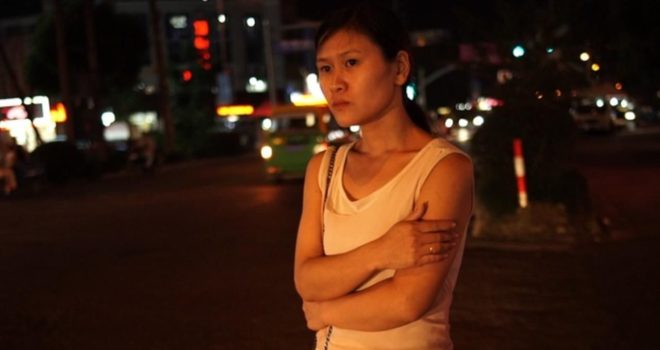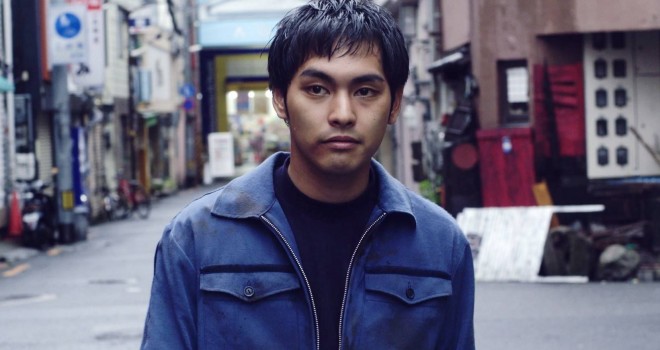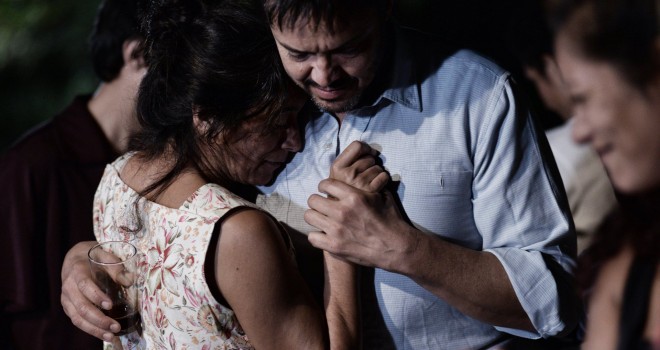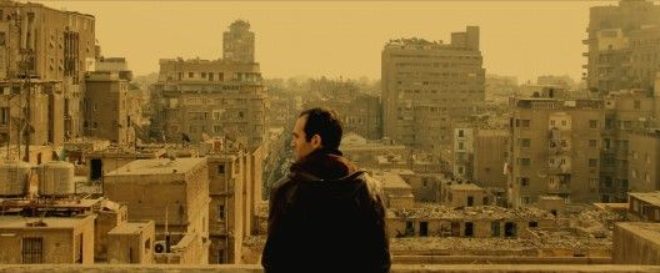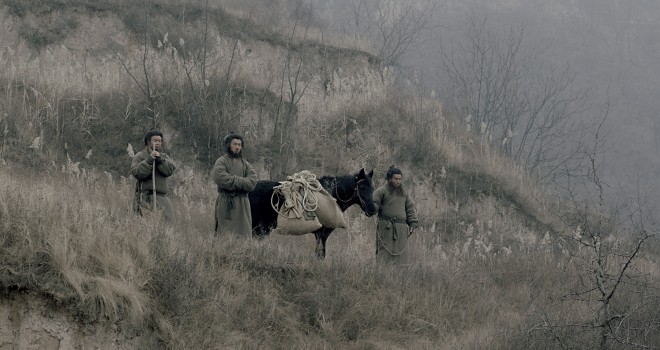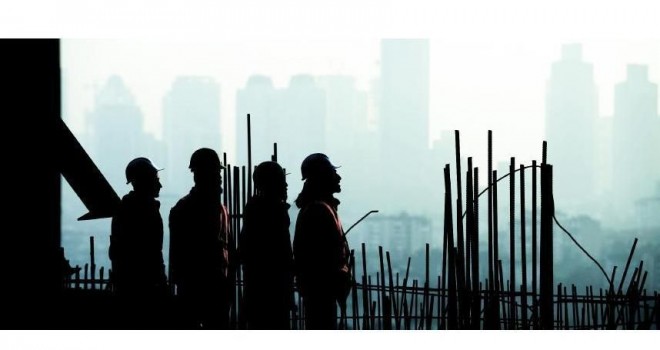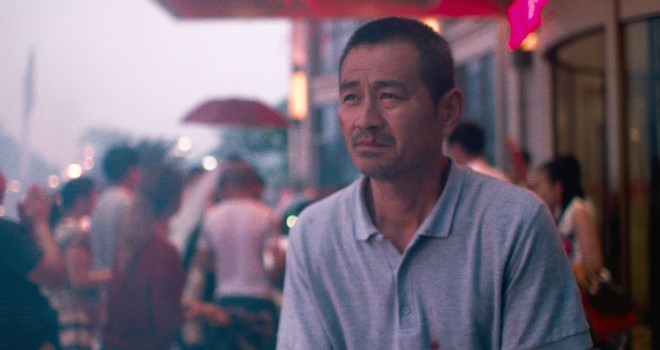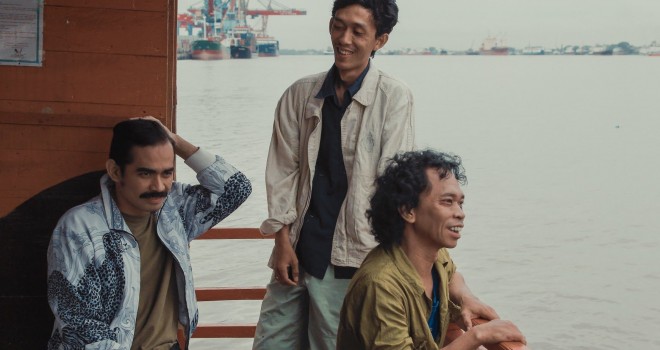Taking and standing one’s ground
This 2016 vintage has brought us nine features, some of them debut films. They bear with disquiet the mark of our times, the peregrinations of the characters that inhabit them, and despite distances unify the destinies created – and also imposed – by the realities of the modern world. Exile, migrations, wanderings, treks, crossings, distances and misfortunes are all trajectories that highlight the imperative of displacement as a dramatic mechanism. Yet, emerging out of this relatively sustained proximity between the motifs of the films is a diversity of cinematic expression. In addition to the films’ capacity to bear witness, they also point up aptitude of cinema to invent its form of engagement, broaden the sensory field and continue as a space of reflection. Very often, the modest resources available and the limited economy in which these films are made evidence a stubborn will to stand one’s ground or, as someone once said, “save the honour of reality”.
It is to this imperative that a child visited by his dead mother’s ghost responds in Zhang Hanyi’s Life after Life, when he is entrusted with the mission of finding new ground for a tree bearing multiple symbolic significations. At the other end of the world, in other natural surroundings and in another light that is dimming into night, the child in The Royal Lemon Tree who is taken back by his uncle to a father who regards his son as the source of all his ills. This day-long odyssey into the torturous meanderings of the Paraná river soon opens up a more intimate passage. The exile of Solo Solitude replaces the norms of the biopic with a more intimate look into the exile of poet Wiji Thukul, an opponent of the Suharto regime, within his own country. Immersed in the anonymity of a substitute identity to save his life, he finds his sole certainty in the strength of words and the hope of returning among his loved ones. Following a car accident that plunges the victim into a coma, the taxi driver in Old Stone gradually loses control of his life, struggling against the unjust absurdities of a system supposed to provide redress. Another and disturbing off-road skid is that of Destruction Babies, the second feature of Tetsuya Mariko, who presented his Yellow Kid in Nantes in 2010. Straddling genres and based on real facts, the film draws us into the wanderings of a sickening violence whose motives overturn the image of an appeased Japanese society. After his 2011 Montgolfière d’Or, Saudade, Katsuya Tomita’s Bangkok Nites continues to have people cross paths in a red-light district in the Thai capital. Searching for a lost paradise, the immigrants are this time Japanese. Petty wheeler-dealers, bungling and insignificant, they plan to extend their “empire” to the borderlands of Laos or Cambodia, and camp alongside young women from the north of the country who come to sell their bodies – a micro-reality of globalisation. Other migrant workers become visible in Kivanç Sezer’s My Father’s Wings and Wang Bing’s Bitter Money. In the first, Ibrahim, a Van earthquake survivor, and construction worker building luxury homes, seems ready to make any sacrifice to provide his wife and daughter with the roof they lost. In the second, Wang Bing continues to auscultate contemporary China and, thirteen years after West of the Tracks, takes the train from Yunnan in the company of youngsters leaving to work in the garment sweatshops in Huzhou city – portraying the adaptation of the old industrial order to other and equally alienating forms of the capitalistic exploitation of labour. In the streets of another city, Cairo, Tamer El Said draws the portrait of a generation, some of whom are driven to flee the ongoing conflicts in the Arab world and take refuge in Europe, while others wait in uncertainty to find their place among the others in the burning heart of this vast Egyptian city. What to do? Leave?
Many other intersections between the competition films and those in the special screenings could be pointed up: the Chinese migrants travelling from Burma to Thailand in Road to Mandalay, the new film by Taiwanese Midi Z, the hard labour of the female workers in Akira Kurosawa’s The Most Beautiful, which has been restored but not yet theatrically released in France, and the Japanese prostitutes of Mikio Naruse’s When a Woman Ascends the Stairs. The Egyptian people return to have their revenge in Yousry Nasrallah’s Brooks, Meadows and Lovely Faces.
Finally, two films supported by the Festival des 3 Continents’ Produire au Sud Workshop round off the official selection: Albüm by Mehmet Can Mertoglu, presented at the Critics’ Week at the 2016 Cannes Festival and Dark Skull by Kiro Russo, a strong signal from Bolivia’s still undersized cinema, presented at Locarno in the Cineasti del presente section.
Aisha Rahim
Mathilde Fleury-Mohler
Jérôme Baron



